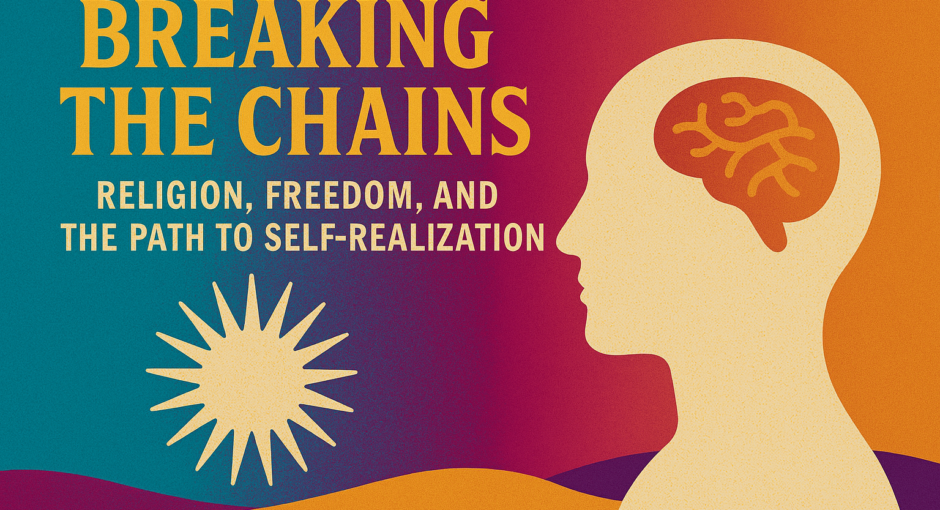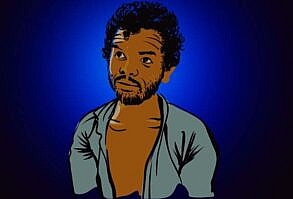Most of the religious principles keep women under severe control and restrictions from enjoying the very true aspects of nature and life. Still, it is often women who support religion and fight for it. The fact is that if women truly understood life and freedom, they might break free from religious constraints, potentially leading to the decline of religious institutions. Why does this paradox exist?
One major reason is social conditioning. Many women are raised with the belief that faith and religious adherence are virtues. Over time, these beliefs become deeply ingrained, making them difficult to challenge or abandon. Additionally, community and belonging play a big role. Religion provides a sense of identity, emotional support, and social structure, which many women find valuable despite its restrictions.
Another factor is fear and security. Many religions emphasize consequences for disobedience, such as divine punishment or social alienation. This fear keeps many women within religious boundaries. Moreover, self sacrifice as a virtue is often glorified in religious teachings, reinforcing endurance and acceptance of restrictions as a noble act rather than oppression.
The change towards a more liberated mindset is happening but at a slow pace. If women and men alike begin to see the limitations imposed by religious doctrines, societies can move toward more peace, harmony, and freedom. Removing these chains, especially in evolved societies, would create more balanced relationships and allow individuals to truly enjoy life.
One of the biggest obstacles to this change is political fear. Political parties often avoid making bold decisions against religious radicalization because they fear losing voter support. This self-interest in maintaining power prevents progressive laws that could help liberate people from outdated religious constraints.
Since children spend more time in school than with their parents, schools must be the primary place for change. Education should be based on evidence rather than religious assumptions. If laws prevent the teaching of religion in schools and focus on critical thinking, science, and rational thought, future generations will naturally move away from religious limitations.
Historically, religion played a crucial role in uniting people for common goals, ensuring survival, and forming structured societies. But as societies evolved, the need for religious control diminished. Younger generations, especially in developed countries, are increasingly indifferent to religion because they rely more on logic, science, and personal freedom.
Rather than completely fading away, religion could transform into something that strengthens personal growth and self realization. In Hinduism, for example, deities originally represented different areas of personal strength connected to nature. However, over time, this turned into religious worship rather than internalizing those qualities. If people return to the philosophical essence of Hinduism, using meditation, self discipline, and connection with nature, they can enhance their personal power rather than relying on external blessings.
Humans are highly adaptable, and once they realize how restrictive and manipulative religion has become, they will naturally seek self driven spirituality. True empowerment lies in invoking inner strengths, whether it be wisdom, courage, or resilience rather than seeking divine intervention. Practices like meditation, mindfulness, and self reflection can serve as powerful tools to unlock human potential.
As society progresses, the shift from religious dependency to self realization and inner strength will define the future. The question remains: will people embrace this transformation, or will symbolic religious representations always play a role in helping them connect with these ideas?
The answer might lie in the transitional space between tradition and evolution. Symbols and rituals, while often misunderstood, can serve as stepping stones rather than cages, tools that guide people toward deeper introspection, provided they are not mistaken for the ultimate truth. When individuals begin to interpret religious elements metaphorically rather than literally, a new dimension of freedom emerges.
For this transformation to take root, leaders in education, psychology, and community development must actively participate in redefining the purpose of belief systems. Instead of dismissing religion outright, a more constructive approach would be to reframe it as a canvas for human values, not a set of rigid commandments. This requires courage, dialogue, and open mindedness across generations.
Moreover, technology and global communication are accelerating this shift. Young minds today are exposed to diverse philosophies, scientific discoveries, and alternative lifestyles at an unprecedented rate. This exposure nurtures curiosity, which is the natural enemy of blind faith. As curiosity grows, so does the hunger for authenticity.
Ultimately, the liberation from oppressive religious norms is not an act of rebellion, but a journey toward authenticity and responsibility. It invites each person to shape their moral compass, grounded not in fear or tradition, but in empathy, understanding, and reason. It is only through such transformation that societies can build a future where spiritual well being is defined not by obedience but by awareness and inner strength.
ഓറ്ക്കുക: നമുക്കു നാമേ പണിവതു നാകം നരകവുമതുപോലെ









